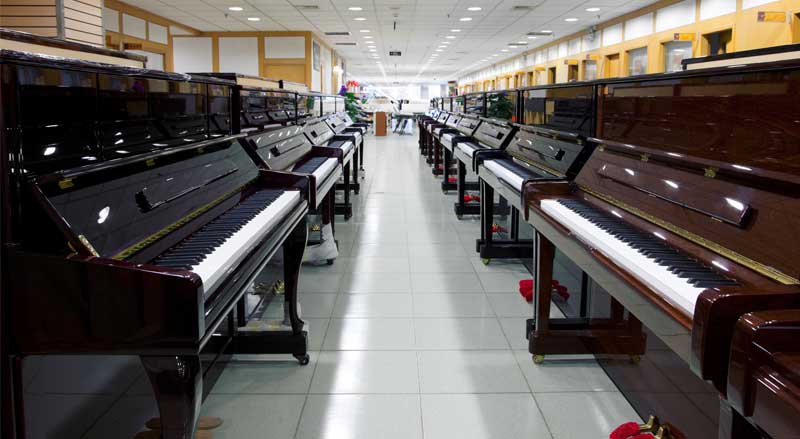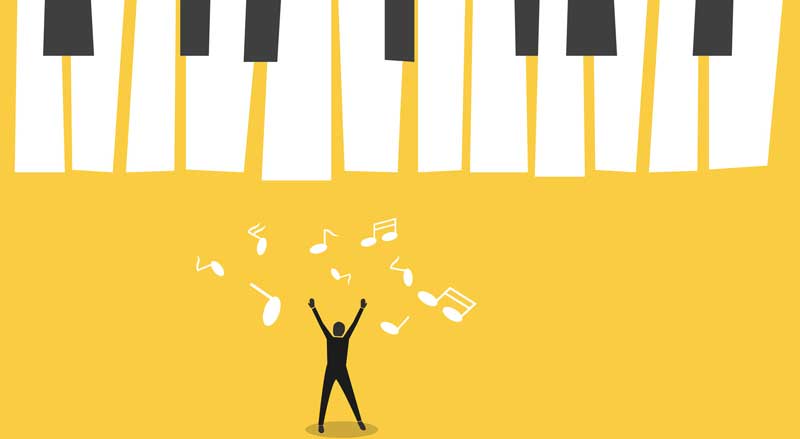
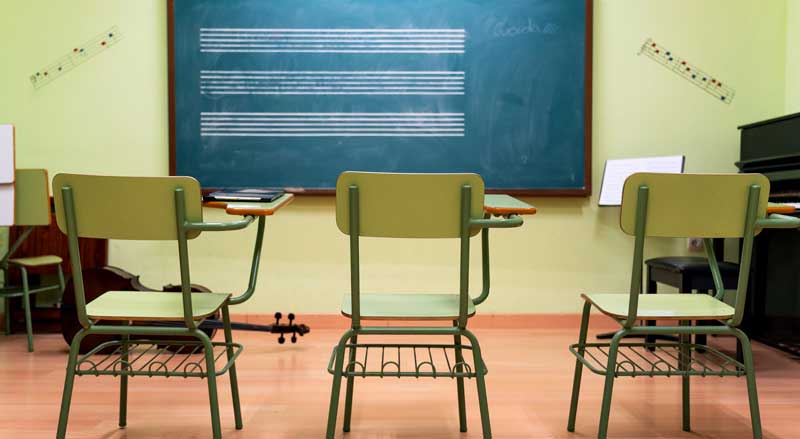
As summer winds down and families gear up for a new school year, parents often look for ways to give their children an academic and personal edge. While tutoring and sports are popular options, research shows that one of the most effective activities for boosting brainpower is also one of the most joyful: music lessons.
At B Natural Pianos & Music School in Rockaway, NJ, our Music Learning Center has helped hundreds of children grow not only as musicians but also as confident, focused learners. This back-to-school season, let’s explore how music training strengthens executive function—the set of mental skills that underpins success in school and life.
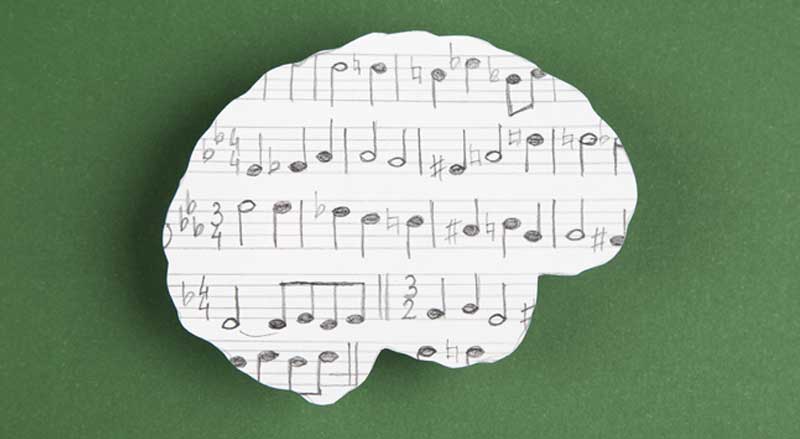
Executive function is a term psychologists use to describe the brain’s ability to manage tasks, control impulses, and adapt to challenges. Think of it as the “air traffic control system” of the brain—it coordinates attention, memory, and self-control so kids can stay on track.
Core aspects of executive function include:
Strong executive function is a predictor of academic success, emotional regulation, and even social skills. Unfortunately, many children struggle with these abilities, especially in today’s screen-saturated environment. That’s where music lessons can make a profound difference.
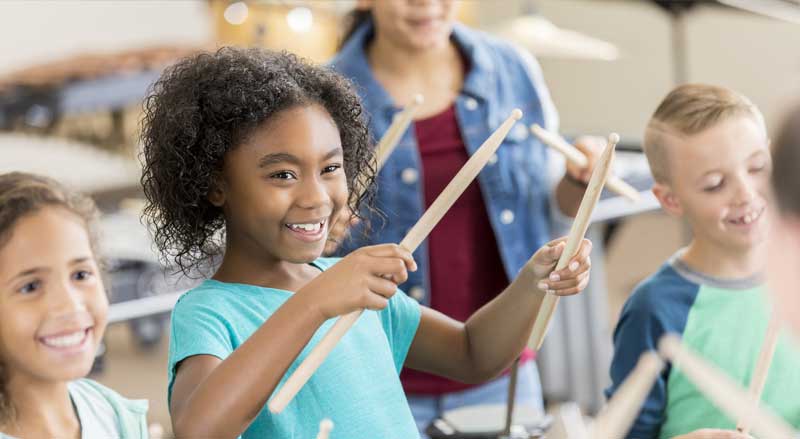
Learning an instrument isn’t just about playing notes – it’s a whole-brain workout. Neuroscientists have found that music training stimulates both hemispheres of the brain and strengthens the connections between them. Here’s how that translates into stronger executive function:
When a child practices piano, violin, or voice, they must remember notes, rhythms, dynamics, and phrasing—all while reading music and listening critically. This constant juggling builds working memory capacity, which carries over to math problem-solving, reading comprehension, and following multi-step directions in school.
A music lesson requires sustained concentration. Students must block out distractions and stay engaged with their teacher, their instrument, and the music in front of them. Over time, this trains inhibitory control, making it easier for kids to pay attention in the classroom and complete homework without drifting.
Executive function isn’t just about thinking… it’s about behavior. Music lessons encourage children to set goals, practice regularly, and work through challenges. This cultivates self-discipline and persistence, skills that are directly tied to academic resilience.
Music is full of problem-solving moments: what fingering works best? How should a phrase be interpreted? How do you adjust when playing in an ensemble? These challenges strengthen cognitive flexibility—the ability to adapt and think creatively when rules or circumstances change.
Executive function also involves managing emotions. Music provides a healthy outlet for expression and teaches children to cope with frustration (like when a piece doesn’t come easily). Learning to stay calm, adjust, and keep trying builds emotional maturity.
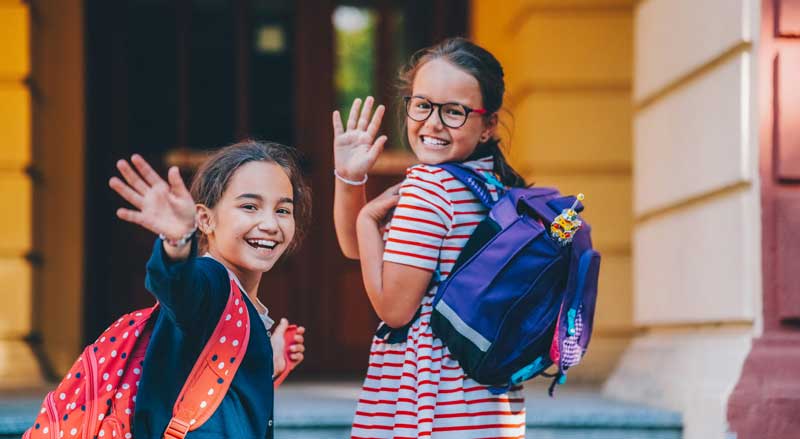
The start of a new school year is an ideal time to begin or resume music lessons. Routines are being set, and children are naturally adjusting to fresh challenges. Adding weekly lessons at the Music Learning Center at B Natural Pianos & Music School gives them a structured, enriching activity that supports their academics.
Parents often notice benefits within months: improved focus during homework, better organization, and increased confidence. Over the long term, students build discipline and creativity that serve them far beyond the classroom.
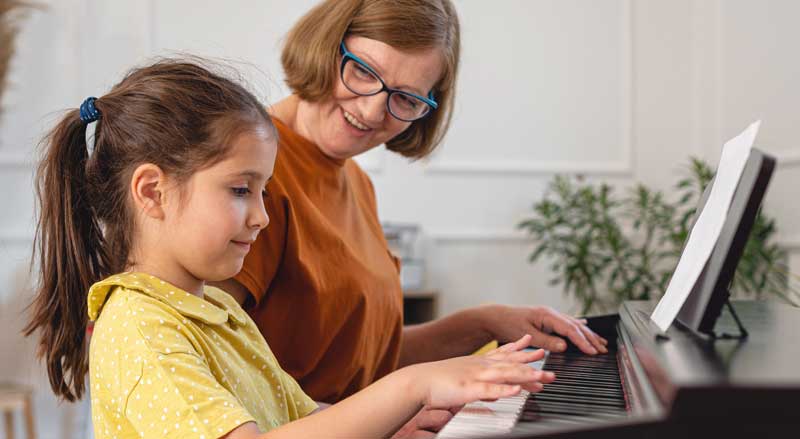
While school music programs are valuable, private lessons provide individualized instruction that accelerates growth. At B Natural Pianos & Music School, our private music lesson program offers:
This personalized approach ensures that students not only develop technical skills but also reap the full cognitive and emotional benefits of music education.
Learn more about our private music lesson program here: Music Lessons at B Natural Pianos & Music School.
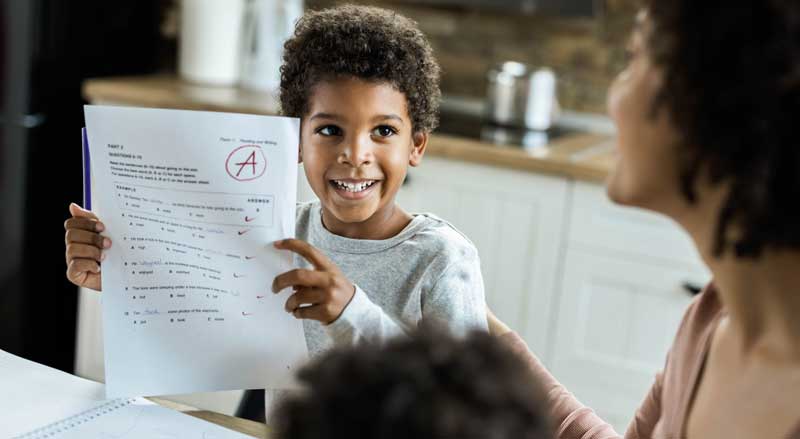
While this blog focuses on back-to-school readiness, the advantages of music extend well beyond the academic year. Studies show that children who study music:
In short, music equips children not just to succeed in school but to thrive in life.
As you prepare for the upcoming school year, consider giving your child an advantage that textbooks and tutoring alone can’t provide. Music lessons at B Natural Pianos & Music School strengthen executive function, build discipline, and spark creativity—all while fostering a lifelong love of music.
Book a trial lesson this September and set your child up for a successful school year — academically, musically, and mentally.
???? Learn more and register here: Music Lessons at B Natural Pianos & Music School

